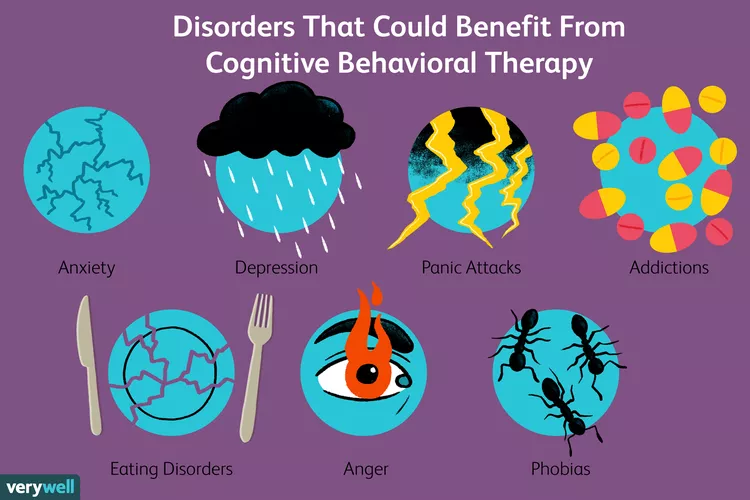Psychotherapy Types and Techniques
In today’s fast-paced world, it’s common to face challenges that affect our mental well-being. Whether it’s coping with stress, managing relationships, or dealing with mental health disorders, seeking help is a courageous step towards leading a happier and healthier life. One avenue for support is psychotherapy, also known as talk therapy, which offers various techniques to address behaviors, thoughts, and emotions causing distress.
What is Psychotherapy?
Psychotherapy encompasses verbal and psychological techniques aimed at helping individuals overcome psychological disorders and life stressors. Trained professionals, such as psychologists, psychiatrists, counselors, and social workers, provide psychotherapy in various formats, including individual, couples, family, and group therapy sessions.
Types of Psychotherapy
- Behavioral Therapy: Focuses on altering problematic behaviors using techniques like classical conditioning and operant conditioning.
- Cognitive Behavioral Therapy (CBT): Addresses thoughts and feelings influencing behaviors, effective for treating conditions like depression and anxiety.
- Cognitive Therapy: Targets negative thought patterns, aiming to replace them with more positive ones to improve mood and well-being.
- Humanistic Therapy: Emphasizes self-exploration, free will, and self-actualization to help individuals maximize their potential.
- Psychoanalytic Therapy: Explores unconscious thoughts and memories to understand and address underlying issues.
Benefits of Psychotherapy
Psychotherapy offers numerous benefits, including improved communication skills, healthier thinking patterns, greater self-awareness, and better coping strategies. It can also strengthen family bonds and is often more affordable than alternative treatments.
Psychotherapy Effectiveness
While some debate surrounds its effectiveness, numerous studies and surveys indicate positive outcomes for clients. Factors such as the therapist’s personality and belief in treatment effectiveness can influence results. Recent research demonstrates its effectiveness in treating anxiety disorders, mood disorders, eating disorders, grief, and trauma.
How to Get Started
If you’re considering psychotherapy, consult your primary physician for a referral to a qualified mental health professional. Consider factors like therapist qualifications, comfort level, and treatment approach. Don’t hesitate to try different therapists until you find the right fit for you.
Conclusion
Psychotherapy offers a valuable pathway to mental health wellness, providing support and strategies to overcome life’s challenges. By seeking help and engaging in therapy, individuals can enhance their well-being, improve relationships, and lead fulfilling lives.
FAQs
1.How do I know if I need psychotherapy?
Signs include significant distress or disruption in life, reliance on unhealthy coping mechanisms, concern from friends or family, and lack of improvement despite trying other strategies.
2.What should I expect during psychotherapy sessions?
Sessions typically involve open dialogue between you and your therapist, where you’ll explore thoughts, emotions, and behaviors contributing to your concerns. The therapist will guide you through techniques tailored to your needs.
3.How long does psychotherapy take to work?
The duration varies based on individual factors such as the severity of symptoms and the type of therapy. While some may experience improvements relatively quickly, others may require more time for noticeable changes. Consistency and commitment to the process are key






